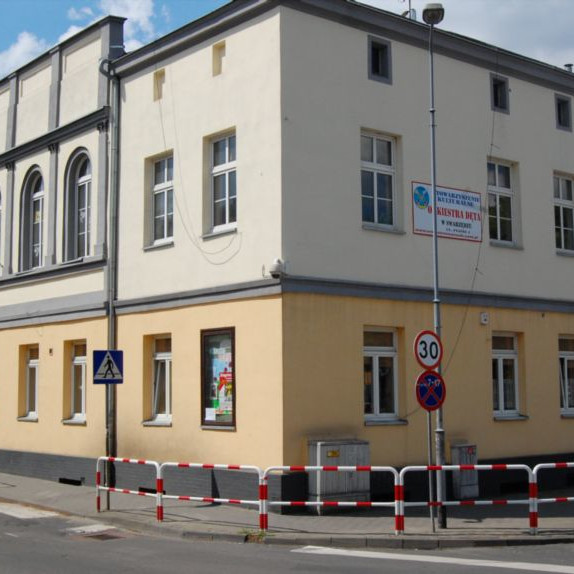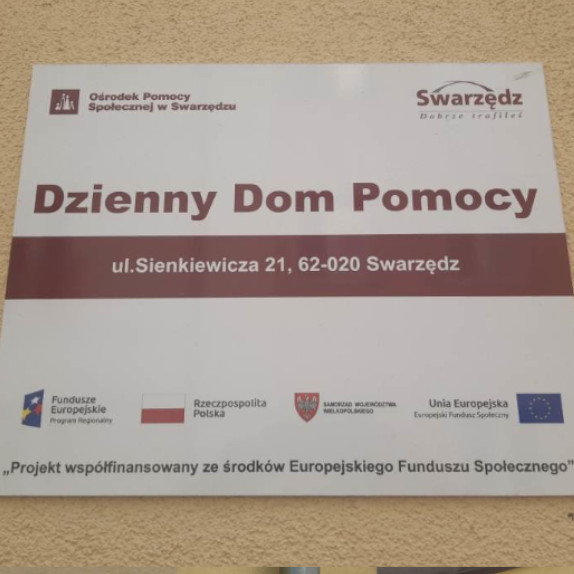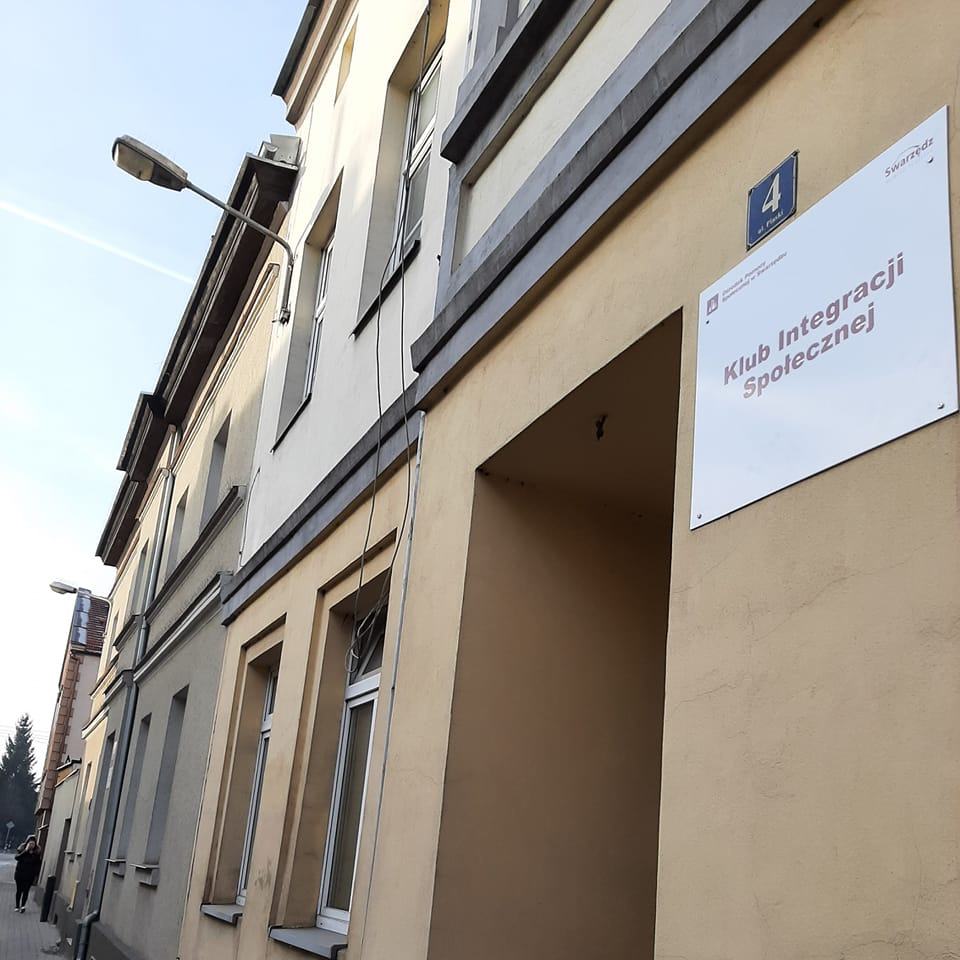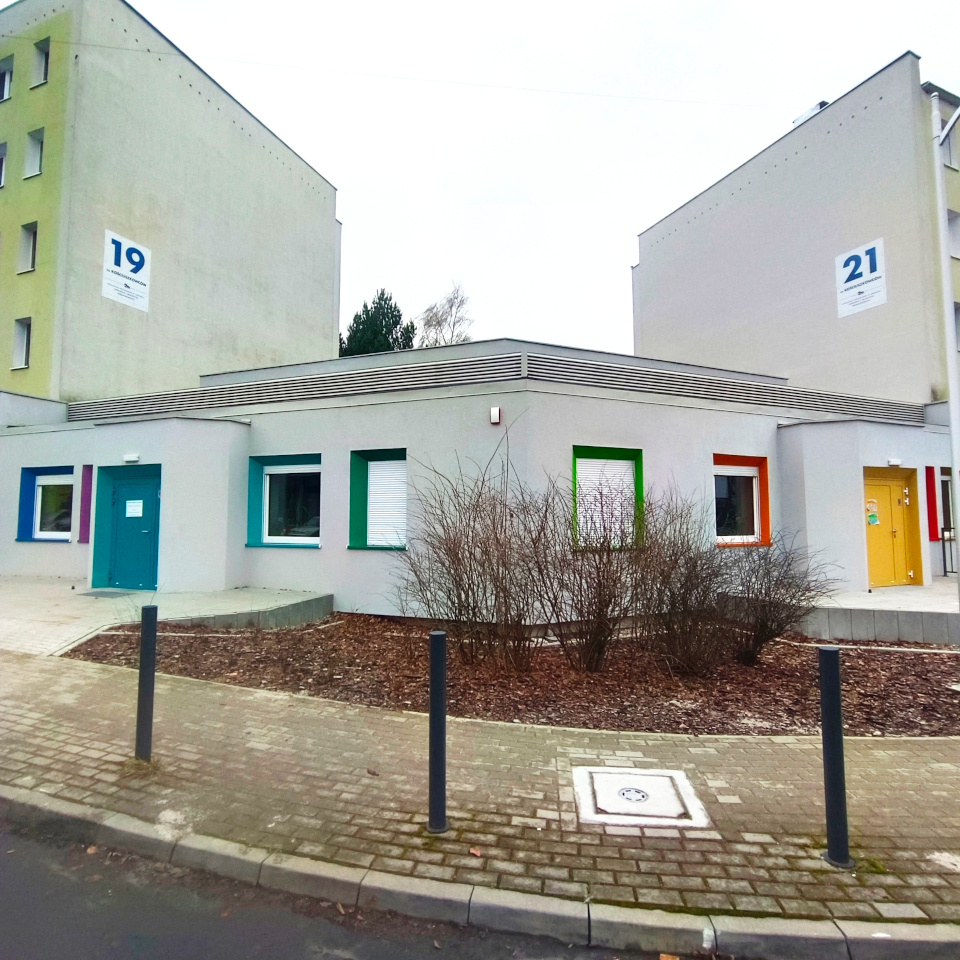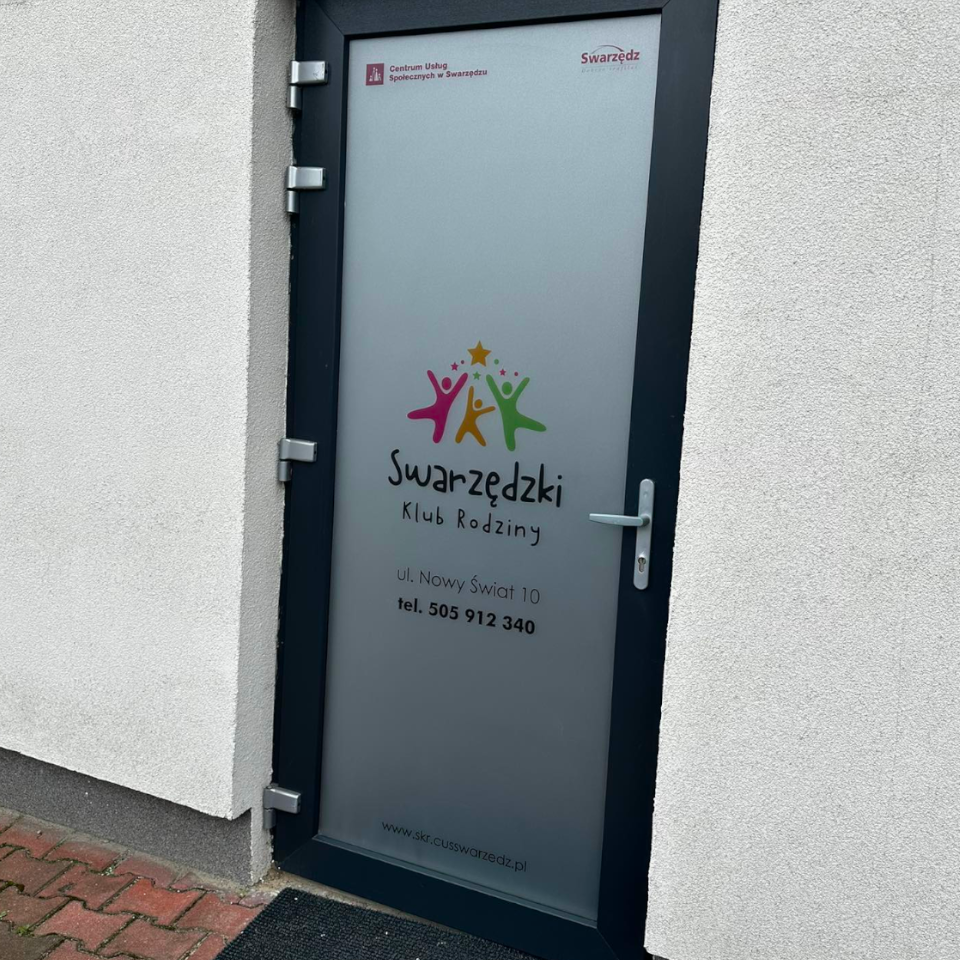AKTUALNOŚCI Z CUS
-
- Informacja
- 23.04.2024
Zapraszamy do udziału w pokazie EKO-mody
-
- Informacja
- 19.04.2024
Zapytanie Ofertowe - Transport dla seniora i osób z niepełnosprawnościami
-
- Informacja
- 19.04.2024
By być BLIŻEJ SIEBIE - warsztaty z komunikacji
-
- Informacja
- 19.04.2024
Regulamin wydarzenia i karta zgłoszenia wystawcy
-
- Informacja
- 12.04.2024
Profilaktyka logopedyczna
-
- Informacja
- 23.04.2024
Zapraszamy do udziału w pokazie EKO-mody
-
- Informacja
- 19.04.2024
Zapytanie Ofertowe - Transport dla seniora i osób z niepełnosprawnościami
-
- Informacja
- 19.04.2024
By być BLIŻEJ SIEBIE - warsztaty z komunikacji
-
- Informacja
- 19.04.2024
Regulamin wydarzenia i karta zgłoszenia wystawcy
-
- Informacja
- 12.04.2024
Profilaktyka logopedyczna
DANE KONTAKTOWE
Centrum Usług Społecznych w Swarzędzu
ul. Poznańska 25, 62-020 Swarzędz
Godziny pracy:
Poniedziałek: 08:00 - 18:00
Wtorek - Piątek: 07:30 - 15:30
Telefon:
61 651 26 50
E-mail:
sekretariat@cusswarzedz.pl
Epuap:
/opsswarzedz/SkrytkaESP

























